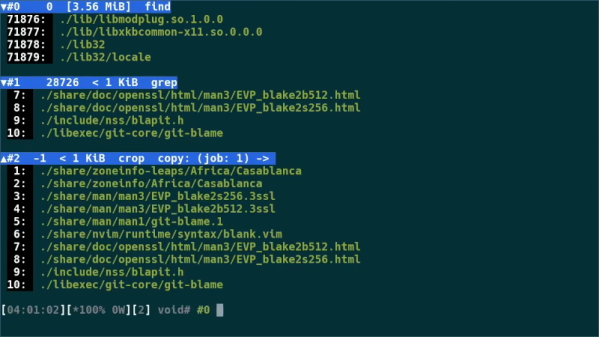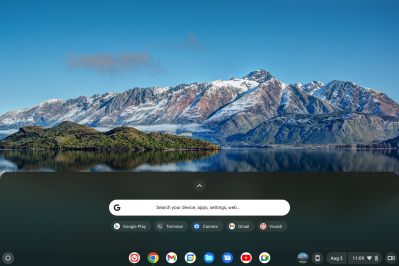It wasn’t long ago that we looked at easily creating Docker containers from the command line so you could just easily spin up a virtual environment for development. Wouldn’t it be nice if you could do the same for virtual machines? You can. Using Multipass from Canonical, the makers of Ubuntu, you can easily spin up virtual machines under Linux, Mac, or Windows. Granted, most of the virtual machines in question are variations of Ubuntu, but there are some additional images available, and you can create your own.
Once you have it installed, starting up a new Ubuntu instance is trivial. If you have a set configuration, you can even set up predefined setups using a YAML file.















